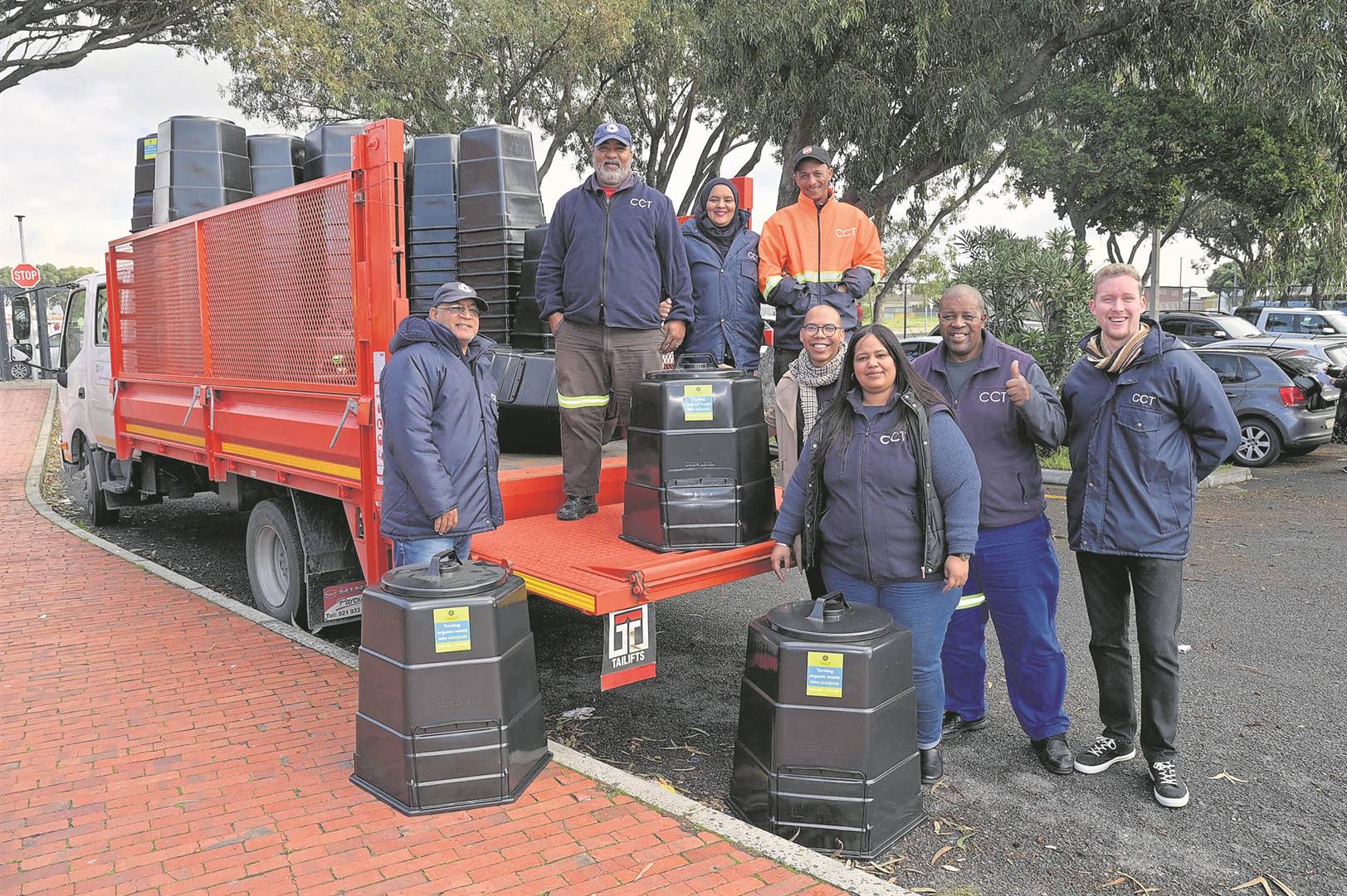
A community engagement session as part of a series to be hosted by the City of Cape Town to raise awareness of the critical issue surrounding organic-waste disposal in landfills during International Compost Awareness Week (6 to 11 May) will be held in Strand on Wednesday 8 May.
The session is open to all members of the public and will take place at the Harmony Park boardroom, 3 Dolphin Street, Greenways, from 10:00 to 15:00.
With the alarming rate at which organic waste is filling-up landfills and contributing to climate change, it is becoming more important than ever for residents to take proactive measures to address this pressing concern. The City has therefore initiated a series of community engagement sessions to help educate residents about the adverse impacts of organic waste ending up in landfill sites. Participants will gain valuable insights into the environmental consequences, including greenhouse gas emissions associated with the disposal of organic matter at landfills.
To further drive home the message and encourage sustainable practices the City will distribute 250 home composting containers at each session. These containers will enable individuals and families to take practical steps towards reducing their carbon footprint by composting organic waste at home, in this way diverting it from landfills and contributing to a healthier environment. Containers will be distributed on a first-come, first-served basis.
“We believe that community engagement is key to addressing the organic waste crisis,” said Mayoral Committee Member for Urban Waste Management Alderman Grant Twigg.
“Through these sessions we aim to empower individuals with the knowledge and tools necessary to make a positive impact on the environment. By adopting simple yet effective practices such as home composting, each of us can play a significant role in mitigating the harmful effects of organic waste disposal.”
For residents who do not make it in time to benefit from a free home composting container, these are available at most garden centres hardware stores or online retailers.
Alternatively residents can help in the fight against human-induced climate change by simply avoiding food waste with the following tips:
• Rethink your approach to food: If we think about the energy, water and nutrients that have gone into producing the food we buy, and therefore view it as a valuable resource, we will begin to view it as something not to be wasted.
• Plan meals mindfully: Planning meals in advance can help reduce the likelihood of over-buying or preparing more food than necessary. By creating shopping lists based on planned meals, residents can minimise impulse purchases and ensure that ingredients are used efficiently.
• Store food properly: Proper storage of perishable items, such as fruits, vegetables and dairy products, can prolong their freshness and prevent spoilage. Using airtight containers, refrigeration and labelling containers with the date can help extend the shelf life of food items.
• Embrace creative cooking: Transforming leftovers and surplus ingredients into new dishes is a great way to minimise food waste. Embrace creativity in the kitchen by experimenting with recipes and incorporating leftover ingredients into soups, stir-fries, salads and casseroles.
• Only dish up what you plan to eat: Each person at home (except for small children) should dish up their own plate, and should take only what they plan to eat. This will avoid half-finished plates of food being thrown away, because they can’t be decanted back into the main serving dish due to contamination.
• Understand date labels: “Best before” refers to the freshness date. It tells you how long the product will be at its best flavour and quality. The “expiry date” or “use by” date, however, tells consumers the last day a product is safe for consumption. Understanding the difference is key when buying your weekly groceries.
• Support food redistribution initiatives: Supporting local food banks, shelters and community organisations can help redistribute surplus food to those in need. By donating excess food items, individuals and businesses can contribute to reducing food insecurity and combating hunger in our communities, while at the same time reducing their impact on the planet.




 Publications
Publications
 Partners
Partners


























